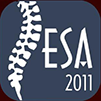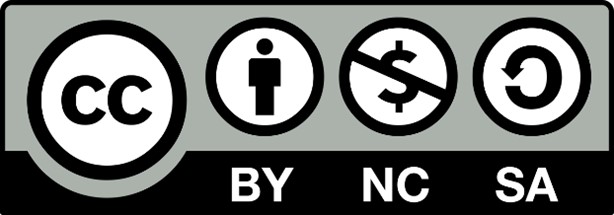Subject Area
Degenerative
Article Type
Clinical Study
Abstract
Background Data: Multiple surgical techniques have been used to treat spinal canal stenosis, including open, microscopic, and endoscopic decompression and fusion surgery. Purpose: This article investigates the safety and the efficacy of unilateral endoscopic decompression for patients with monosegmental degenerative lumbar spinal canal stenosis (LCS). Study Design: Prospective clinical case series. Patients and Methods: Thirty consecutive patients with degenerative LCS were treated with endoscopic laminotomy with medial facetectomy. Patients were treated with the EasyGO!® 2nd Generation system (Karl Storz, Tuttlingen, Germany) at our institutions between March 2018 and September 2020. Primary outcomes parameters included the Numerical Pain Rating Scale (NPRS) and Oswestry Disability Index (ODI) to quantify pain and disability, respectively. The length of the incision, the duration of surgery, the operative blood loss, and the duration of hospital stay were calculated. The mean follow-up period for patients was 10.5 ± 2.3 (range, 6–12) months. Results: The mean age was 56.5 ± 5.7 years. All thirty patients had neurogenic claudication. 63% of the patients had bilateral leg pain, 37% had unilateral leg pain, and 66% had low back pain. Seven patients (23%) had motor weakness preoperatively. The spinal segments affected were as follows: L4-L5 in 22 cases; L3-L4 in 6 cases; L2-L3, one case; L5-S1, one case. There was a statistically significant reduction in the mean values of NPRS for both leg and back pain in the follow-up period (P < 0.001). Moreover, the ODI mean value was statistically significantly reduced in the follow-up period (P < 0.001). the mean operative blood loss was 147.2 ± 68.3 ml, the mean operative time was 134.7 ± 28.34 minutes, and the mean hospital stay was 1.4 ± 0.8 days. We had four patients with intraoperative dural tears (13%) with no postoperative CSF leak, three patients (10%) had superficial wound infection, no patients had deep wound infection or discitis, and no reoperation was reported in the follow-up period. Conclusion: The unilateral uniportal endoscopic approach is a safe and effective technique in patients with degenerative lumbar canal stenosis. It allows for adequate decompression of the neural elements and preserves spinal stability. (2021ESJ236)
Keywords
Endoscopic, decompression, Lumbar canal stenosis, degenerative spine
How to Cite This Article
Basha, Ayman; ElNaggar, Alaa; moustafa, ahmed; and abdel bary, mohamed
(2021)
"Efficacy of the Unilateral Uniportal Endoscopic Approach in Management of Monosegmental Lumbar Canal Stenosis,"
Advanced Spine Journal: Vol. 39
:
Iss.
1
, Article 2.
Available at: https://doi.org/10.21608/esj.2021.79421.1179




















